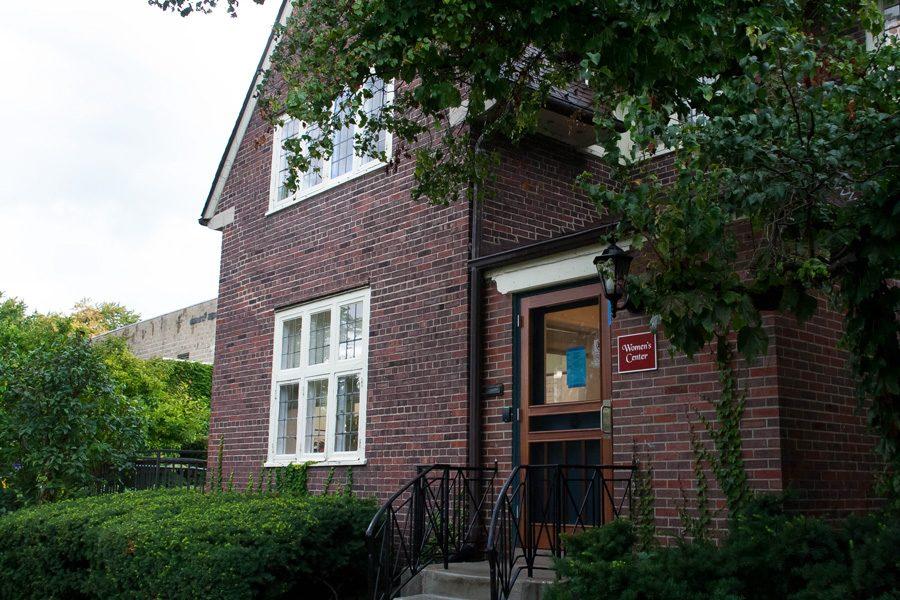Administrators clarify efforts to gauge student opinion before Women’s Center changes
Daily file photo by Katie Pach
The Women’s Center, 2000 Sheridan Rd., will integrate counseling services with CAPS by Winter Quarter. An administrator said the decision to eliminate long-term counseling at the center was made after holding focus groups with students.
November 11, 2016
The decision to eliminate long-term counseling at the Women’s Center and integrate its services with Counseling and Psychological Services was made after holding focus groups and encouraging dialogue with students, faculty and staff, an administrator said.
Jabbar Bennett, associate provost of diversity and inclusion, told The Daily in an email that the Office of the Provost worked with the Office of Change Management to evaluate possible alterations to Women’s Center services.
He said the process involved the Office of Change Management writing a report about the Women’s Center during the 2015-16 academic year and encouraging student dialogue and engagement.
Bennett said administrators made certain to talk to students, faculty and staff about potential changes.
“We even talked to alumni as well about some of the interactions they have had with the Women’s Center,” he said in an email. “So we didn’t just make this decision. … We didn’t make it up.”
When changes to the Women’s Center were announced, some students criticized the decision and said CAPS — which specializes in short-term counseling — would not serve students as well as the Women’s Center does. Counseling will be eliminated from the center by Winter Quarter, administrators said.
The day after Donald Trump won the presidential election, the Women’s Center encouraged students to gather, speak to staff or spend time alone in the space in an informational email sent through a Medill listserv.
“Know that this space is open and available to you,” the email said.
In a previous interview with The Daily, Provost Dan Linzer said it makes more sense for NU to offer its mental health programs in the same place.
In writing its report, the Office of Change Management held a study on the Women’s Center’s mission and the University’s needs, Bennett said. The input the office had received emphasized the importance of both long-term counseling and the Women’s Center’s existence, he said, which made clear to administrators the good work the staff at the center does.
The Office of Change Management is responsible for working with different units across the University on change-based projects by providing analysis or assessments. It reports jointly to the Office of the Provost and to the Office of the Executive Vice President, said Marianna Kepka, senior director of change management.
“We really work in a sort of facilitative role,” Kepka said. “What we do internally is put a team together to support a project, whatever the appropriate resources or skillsets are to devote to a certain initiative.”
Bennett said the Office of Change Management assisted the Office of the Provost in reaching out to students through emails between March and July, incentivizing students to share their opinions in focus groups.
“We want to learn more about your experiences with the Women’s Center and suggestions to ensure the Center meets the needs of today’s campus community,” said Roma Khanna, director of change management, in an email sent to students in April.
Bennett said the focus groups gathered input from 10 groups, including undergraduates, graduate students, faculty and Student Affairs staff. He said attendance in these focus groups was low.
Looking forward, he said, students could have opportunities to weigh in on similar topics through community dialogue-like sessions.
“We really talked to people who have utilized this service and have been around and care about the center,” Bennett said in an email.
Mariana Alfaro contributed reporting.
Email: [email protected]
Twitter: @yvonneekimm


